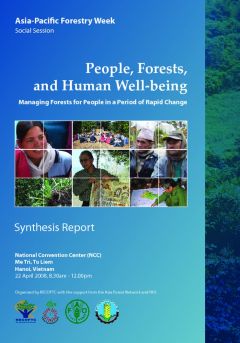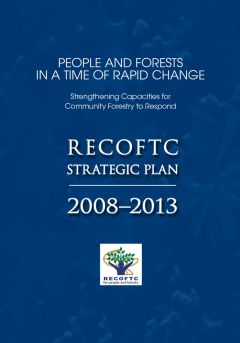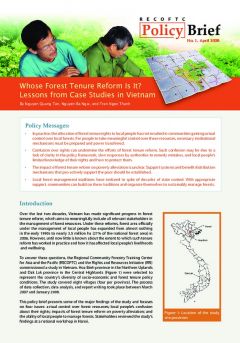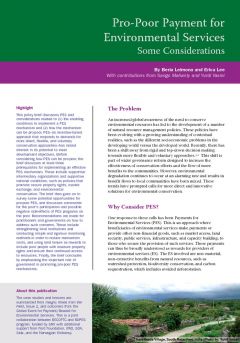People, Forests, and Human Well-being: Managing Forests for People in a Period of Rapid Change
Under present and foreseeable economic and social trends in the Asia-Pacific region, can we achieve sustainable forest management and better realize the potential of forests and forestry to contribute to improved human well-being?







